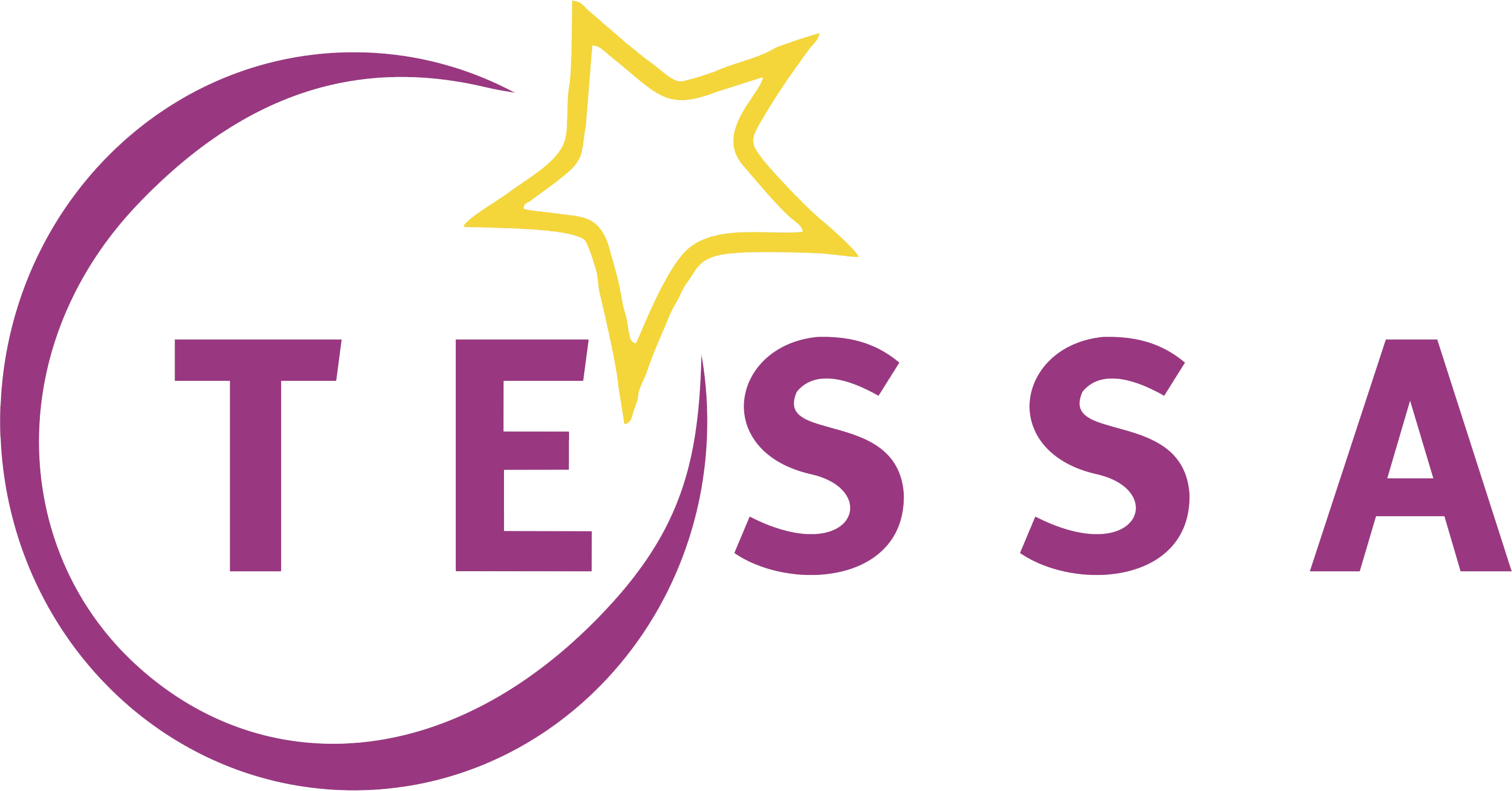About Us

TESSA was established in May 1977 in response to a high rate of calls to local law enforcement from women threatened or assaulted by their partners. At the time, Domestic Violence was considered a private matter and resources were difficult to locate, if they existed at all. With assistance from within the legal and philanthropic communities TESSA emerged as an information provider and resource referral service. That initial effort has evolved into a multi-faceted agency that includes a confidential Safehouse, Victim Advocacy, Counseling and Children’s Programs, a 24/7 Safe Line, and Community Outreach and Education. Through these efforts, TESSA strives to realize our vision of a community free of personal violence for all.
Fundamentally, we do three things:
Provide immediate safety at our confidential Safehouse for women, children, and other victims escaping abuse.
Empower survivors through programs and support such as Advocacy and Counseling.
Create a safer future through Education and Outreach to schools, businesses, and other organizations.
TESSA's mission is to help individuals and their children achieve safety and wellbeing while challenging communities to end sexual and family violence.
OUR VISION:
TESSA fosters a community free of
sexual and domestic violence.
Confidential
TESSA is the only provider of confidential services specifically for victims of Domestic Violence and Sexual Assault (DVSA) in El Paso and Teller Counties. Confidentiality is afforded to the agency via Colorado Revised Statute (CRS) 13-90-107 (k).
Inclusive
TESSA promotes the values of inclusivity amongst all levels of the agency. We embrace an anti-oppression ideology to understand and integrate culturally inclusive principles into policy and practice and provide services to victims of without regard to race, religion, national origin, sexual orientation, gender, gender expression, physical or mental handicap, marital status, language, or age. Staff receive ongoing training around the ideas/issues of oppression, racism, sexism, heterosexism, and classism and in the readily accessible provision of programs and services that reflect the culture and tradition of the client being served.